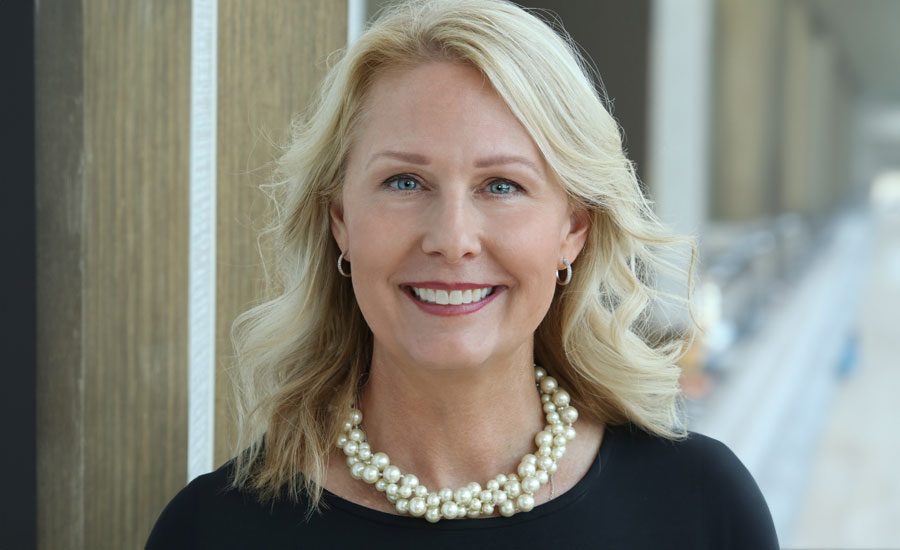Philadelphia is receiving federal money to help promote energy efficiency through a $1.3 million grant from the U.S. Department of Energy to expand education, develop a plan to grow the clean energy workforce and support the School District of Philadelphia’s efforts to conserve energy in its buildings.
The city will also use the money to explore whether reflective roof coatings can make Philadelphians’ homes more comfortable during the summer and make whole neighborhoods cooler.
“Many of our row homes, on the upstairs floor, it may be too hot,” Nidhi Krishen, deputy director for climate solutions in the city’s Office of Sustainability, told WHYY radio. “If we can reduce that temperature by a little bit, it makes that home much more livable.”
In July, the city released a plan to help working-class Philadelphians cope with high energy bills. The plan includes a "cool roof" pilot program. It points out that Philadelphia has some of the highest energy costs compared to residents' income, especially affecting renters, households of color, and low-income households.
“When you have high energy costs, it has cascading effects on quality of life,” Krishen said.
While Philly schools have been adding A/C as the climate warms, dozens still lack cooling units; a high-profile donation landed A/C units in several more schools, but district officials told NPR 63 schools still lack sufficient air conditioning.
The city will use the federal grant to develop recommendations for a long-term "Cool Roofs Program" and partner with the nonprofit Energy Coordinating Agency on the pilot. The pilot will take place in a neighborhood vulnerable to heat to determine whether cool roofs can be deployed at a "neighborhood scale" to provide broader cooling benefits.
“Can it also help to reduce the urban heat island effect, so can it provide a cooling effect not only for that home but also for its neighbors and the community?” Krishen said.
The energy efficiency education efforts will be carried out in partnership with the Energy Coordinating Agency. The agency oversees a network of Neighborhood Energy Centers, which serve as one-stop shops for learning about and applying for utility and weatherization assistance programs.
The city said the grant will support expanding education efforts in historically marginalized communities, where residents often spend a significant portion of their income on energy bills. The Energy Coordinating Agency also plans to introduce a mobile energy center that can travel to events and other community gatherings.
Sincere Harris, chief deputy mayor for Intergovernmental Affairs, Sustainability, and Engagement, presented the projects as part of Philly’s mayor, Cherelle Parker’s, initiative to enhance safety, cleanliness, and environmental friendliness.
“These projects align with the mayor’s priorities, including tackling urban heat islands, supporting healthy, safe and thriving communities by improving housing, helping students excel at school and creating quality jobs,” Harris said in a written statement.
The Energy Department said any projects funded by the grant must be completed within two years, Krishen said.









